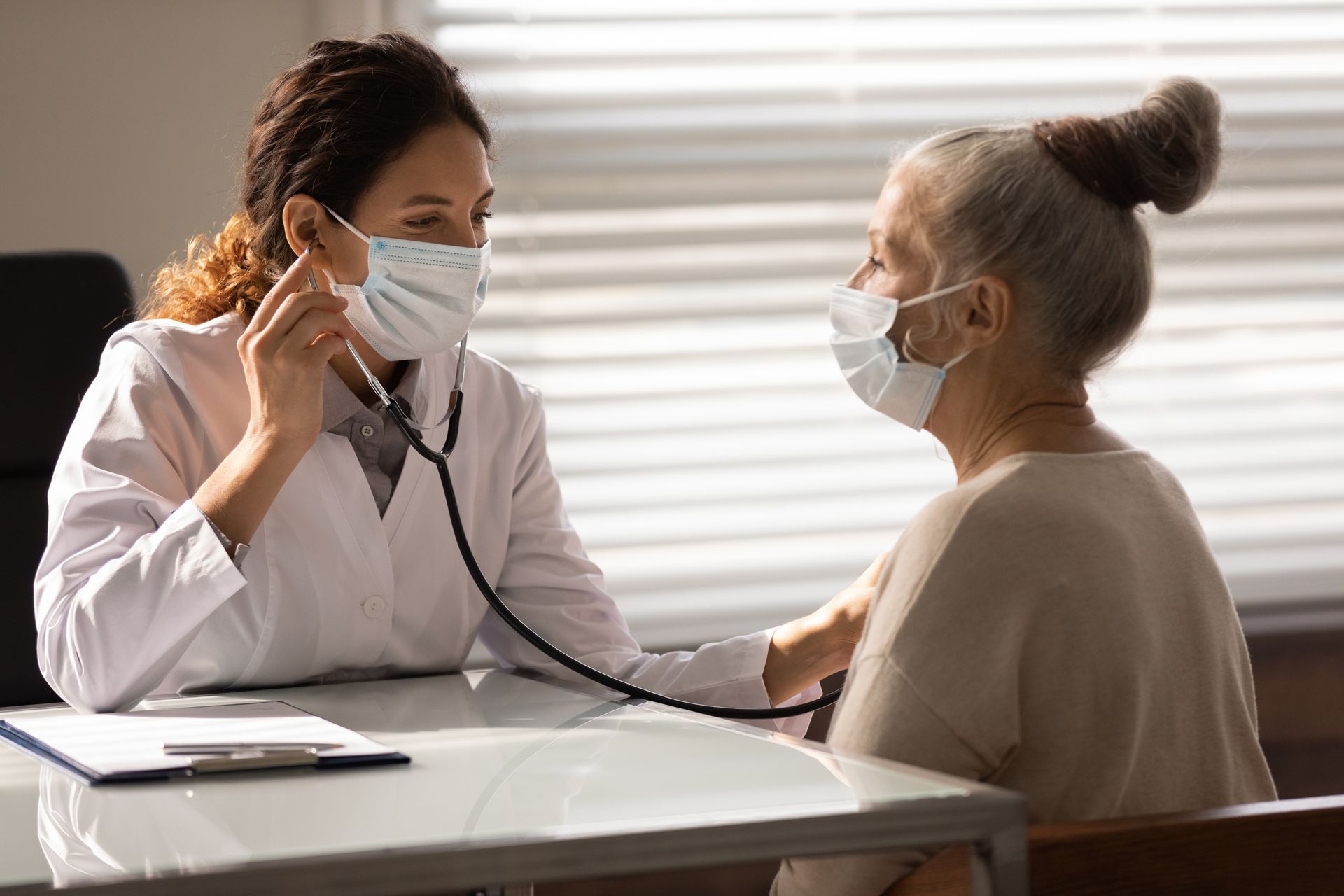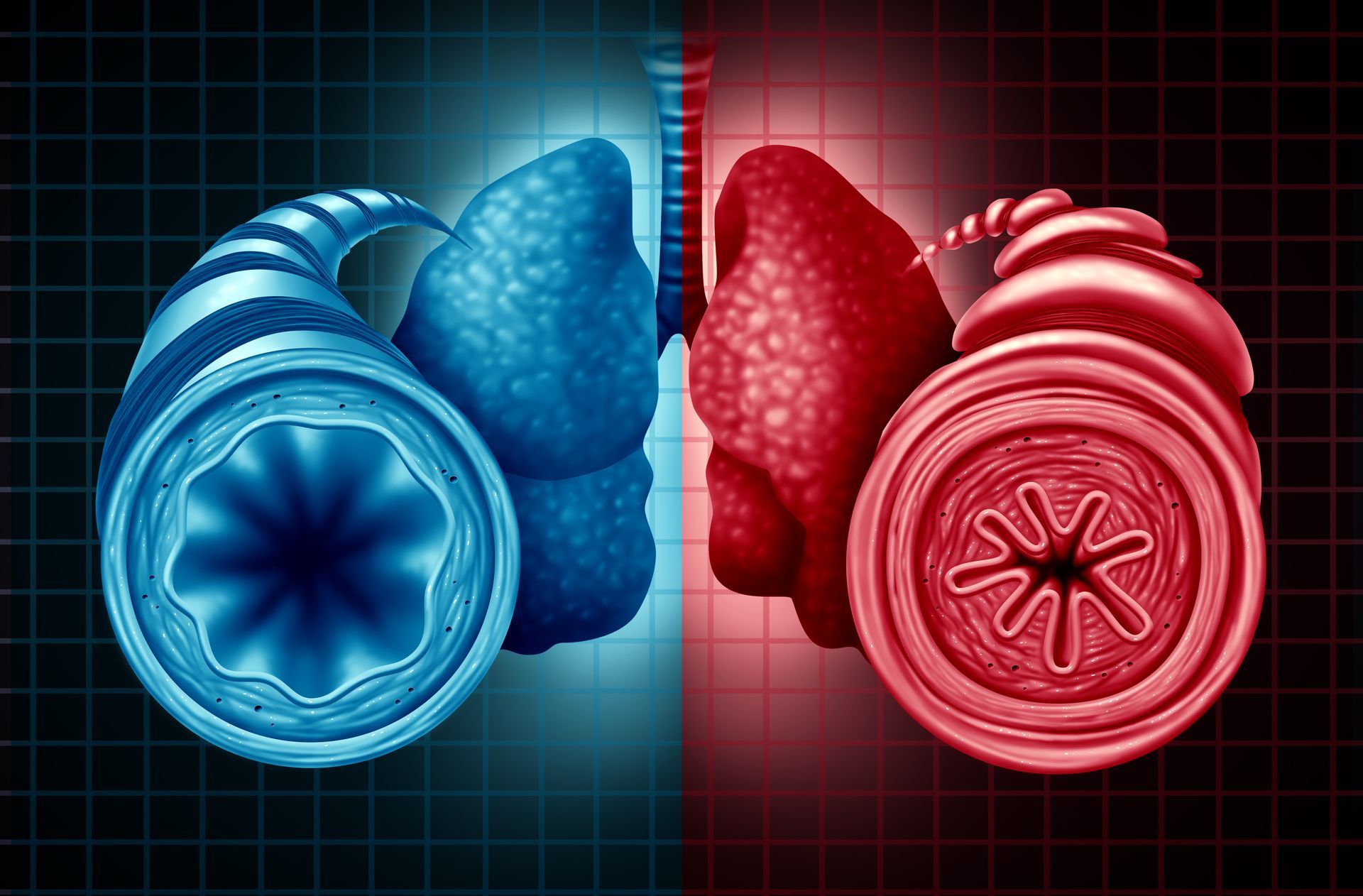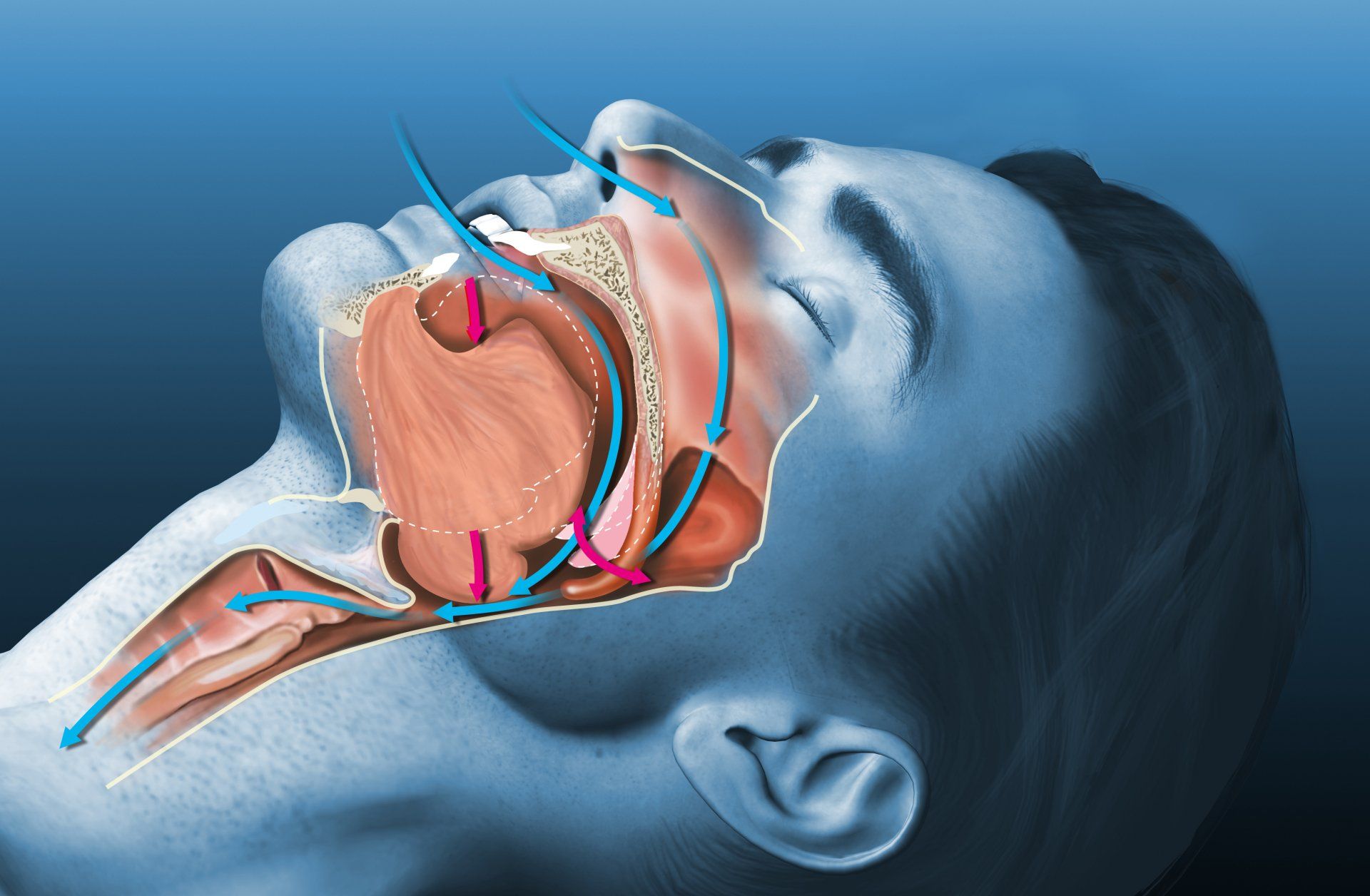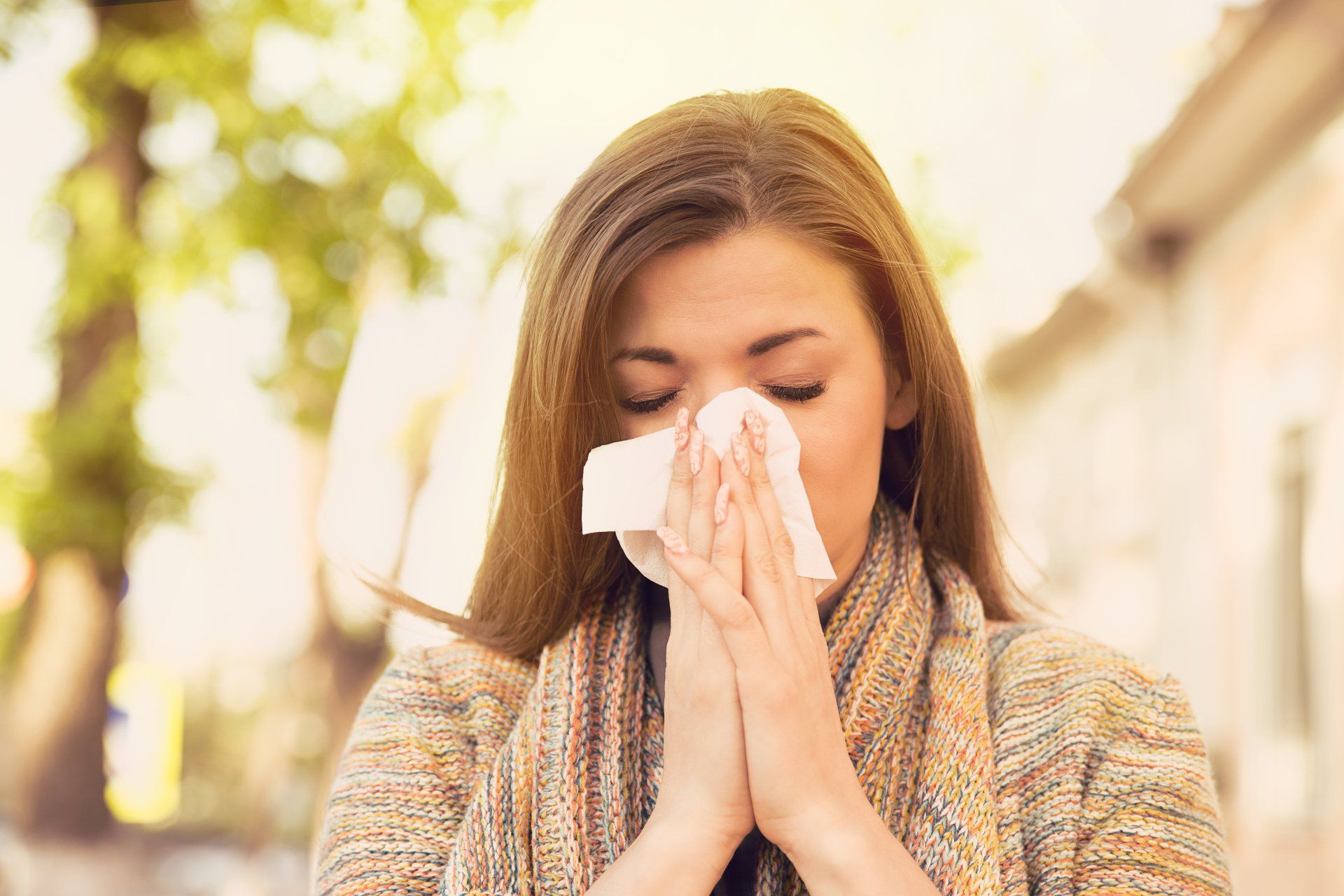Most Common Lung Cancer Symptoms
Lung cancer is the leading cause of cancer-related deaths worldwide and it is one of the most common cancers in Singapore. While lung cancer can be hard to detect, some signs can help you identify it early on.
This article will provide an overview of the most common lung cancer symptoms as well as how
undergoing a lung cancer screening in Singapore can help to detect it early and even prevent lung cancer deaths.
Early Signs of Lung Cancer
The symptoms are not always obvious, which makes it difficult to detect lung cancer at an early stage. Here are some of the most common symptoms:
- A cough that doesn’t go away
- Chest pain that worsens with deep breathing, coughing, or laughing
- Hoarseness
- Unexplainable weight loss
- Shortness of breath
A cough that doesn’t go away
A cough that is associated with a cold or flu will usually go away in a week or so, but a persistent cough can be a symptom of lung cancer. If you are a smoker, you will need to pay attention to any changes to your cough and get immediate medical attention if your cough continues to worsen or you are coughing up blood.
Chest pain that worsens with deep breathing, coughing, and laughing
Lung cancer can induce pain in the chest, shoulders, or back, which can happen when you take a deep breath, cough, or even when laughing. As such, you will need to note whether the pain is limited to a specific area or occurring throughout your chest because the discomfort may result from cancer spread to the chest wall, the lining around the lungs (known as the pleura), or the ribs.
Hoarseness
If you notice a significant change in your voice or when someone points out that your voice sounds deeper, hoarse, or raspier, you should seek immediate medical advice to find out the cause of your voice change. This is because tumour in the lungs could affect the nerves that control the larynx (known as the voice box), which leads to the hoarseness in your voice.
Unexplainable weight loss
Are you constantly losing weight despite having healthy eating habits? Your weight loss could be caused by the presence of cancer cells in your lungs. It could also result from changes in the way your body uses energy from your regular food intake. Which is why it is important not to ignore a change in your weight especially if you haven’t been trying to lose weight.
Shortness of breath
Do you experience shortness of breath while climbing the stairs or performing easy tasks? It may be a sign that you have lung cancer because changes in your breathing can occur when the cancer cells block the airway, or the fluid from the tumour builds up in your chest. When this happens, it is best to consult a medical doctor to confirm the cause.
Preventive Measures
While there is no sure way to prevent lung cancer, you can reduce the risks if you practise the following preventive measures:
- Avoid smoking – If you have never smoked, don’t start because this is a major risk factor for lung cancer.
- Stop smoking – It is never too late to stop smoking as it will help reduce your risk of lung cancer. Seek medical advice about strategies and aids that can help you quit.
- Avoid second-hand smoke – In some cases, constant exposure to second-hand smoke can cause non-smokers to have lung cancer. So, if you know anyone who smokes, get them to quit or smoke outside.
- Avoid carcinogens – Prolonged exposure to toxic chemicals at work can risk lung damage, especially if you smoke. If you are working in such a setting, do use proper protective equipment while at work.
- Eat healthily – Eating healthy will not be easy but with time and effort, it can reduce your risk of lung cancer. So, choose a healthy diet with a variety of fruits and vegetables.
- Exercise regularly – Exercising regularly can increase your lungs capacity and reduce the risk of lung cancer. Hence, try to exercise on most days of the week.
Screening for Lung Cancer
Screening for lung cancer is important because it can detect early signs of the disease, which can then be treated before it becomes a more serious problem.
At
Respiratory Medical Associates, we screen for lung cancer using a low-dose computed tomography, also known as a low-dose CT Lung Screen, which is highly accurate in detecting small spots in the lung, including early lung cancer.
It has also been proven to reduce the number of deaths from lung cancer in high-risk patients, compared to a chest X-ray. Which is why a low-dose CT Lung Screen is generally recommended for lung cancer screening.
Looking for lung screening in Singapore? Get specialist care at Respiratory Medical Associates
Respiratory Medical Associates is an established specialist group that is recognised as one of Singapore’s leading experts in the diagnosis and treatment of lung, sleep, and allergy disorders. These can range from persistent coughs, spots on the chest X-ray to lung infections such as bronchitis, pneumonia, and tuberculosis.
In addition, we also treat chronic disorders such as asthma, chronic obstructive pulmonary disease (a lung disease caused by smoking), lung fibrosis, obstructive sleep apnoea, as well as food and drug allergy. Enquire now at
https://www.respmed-associates.sg/















